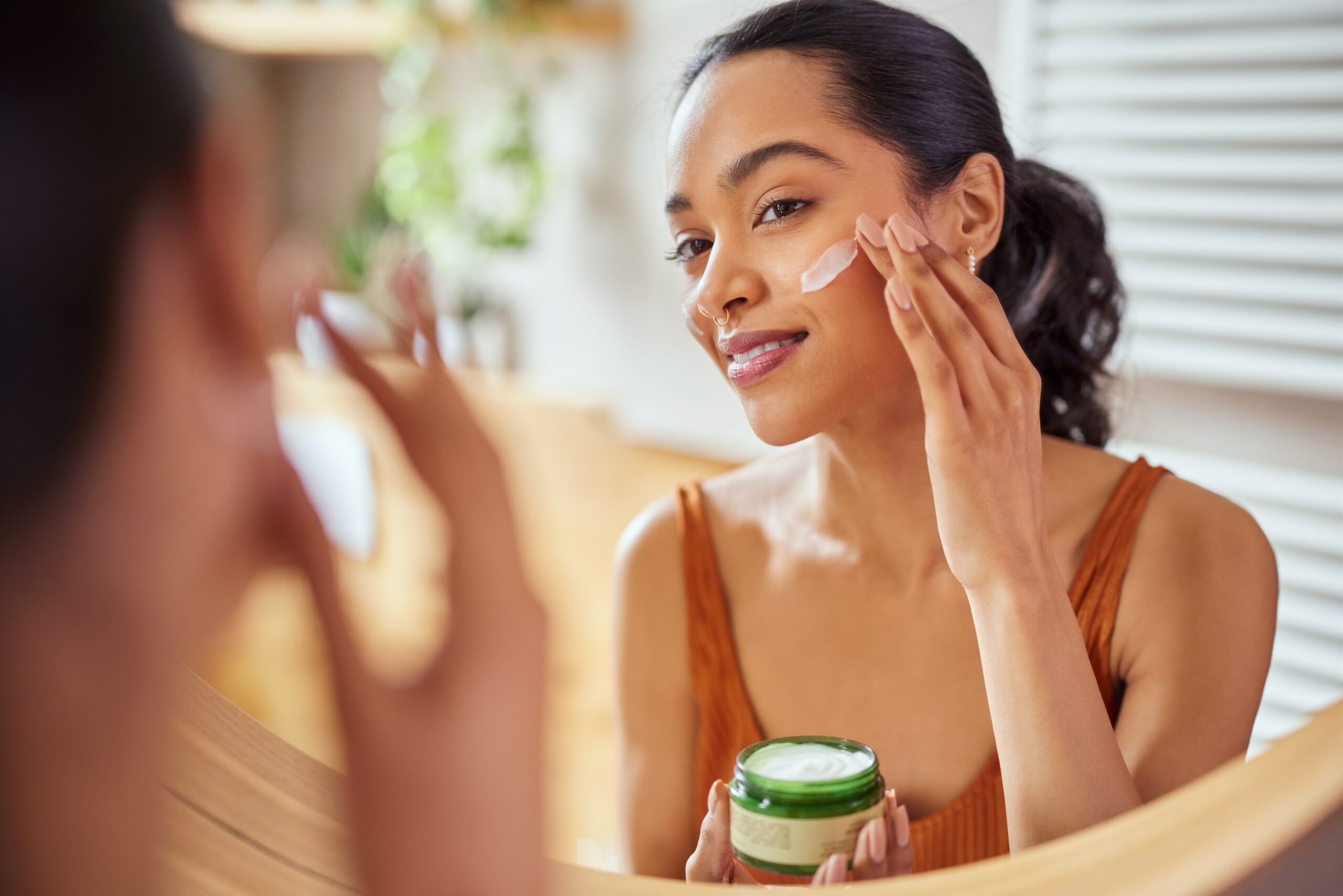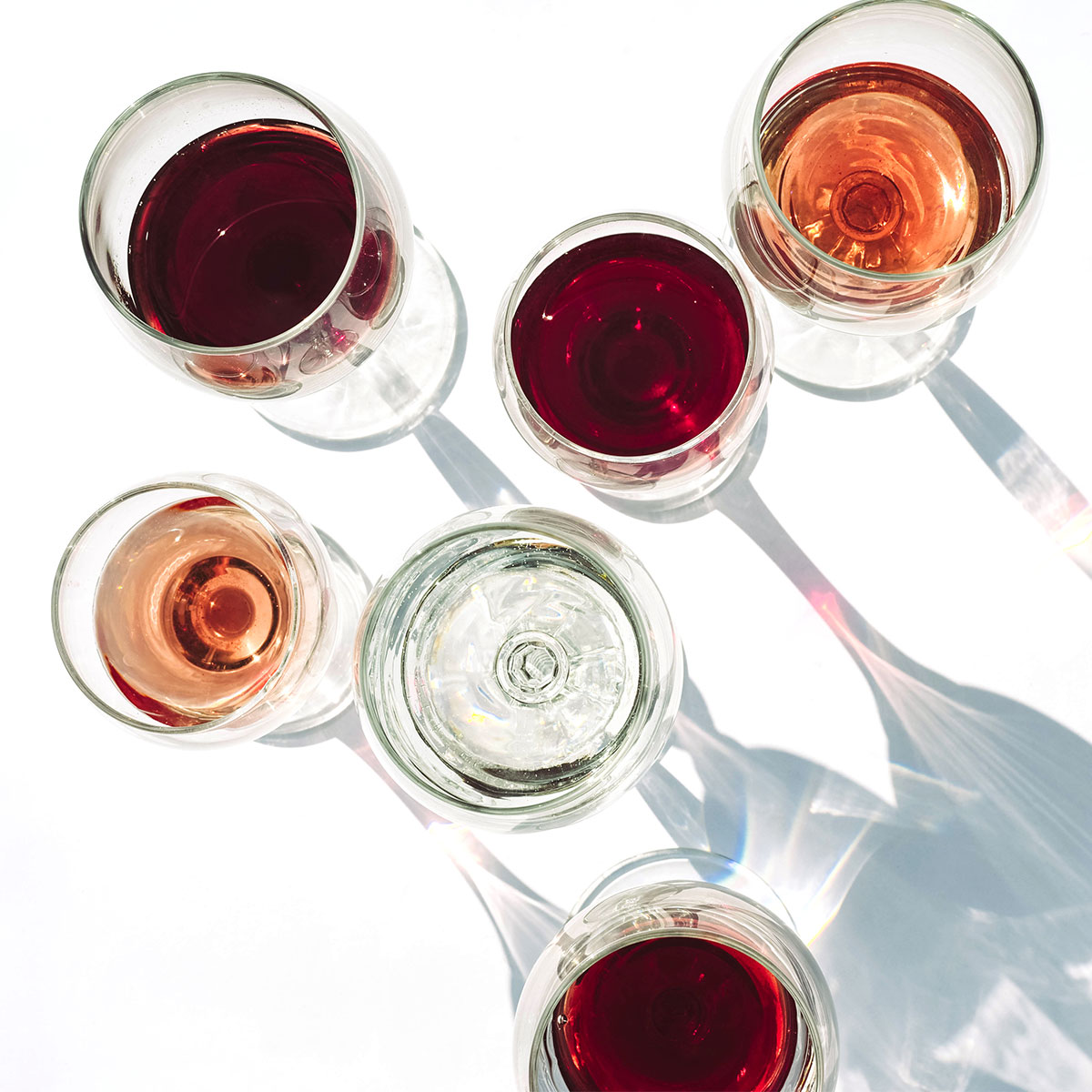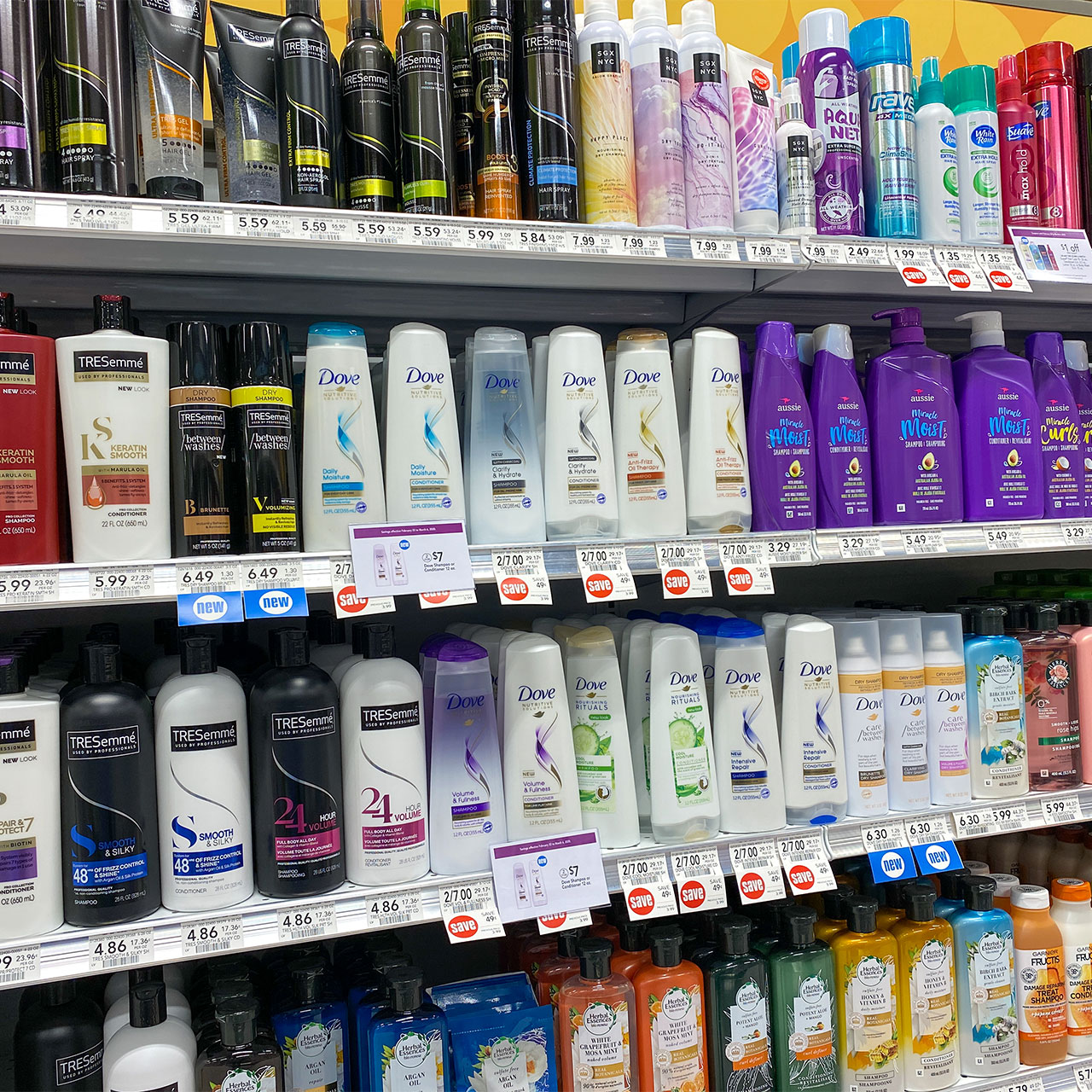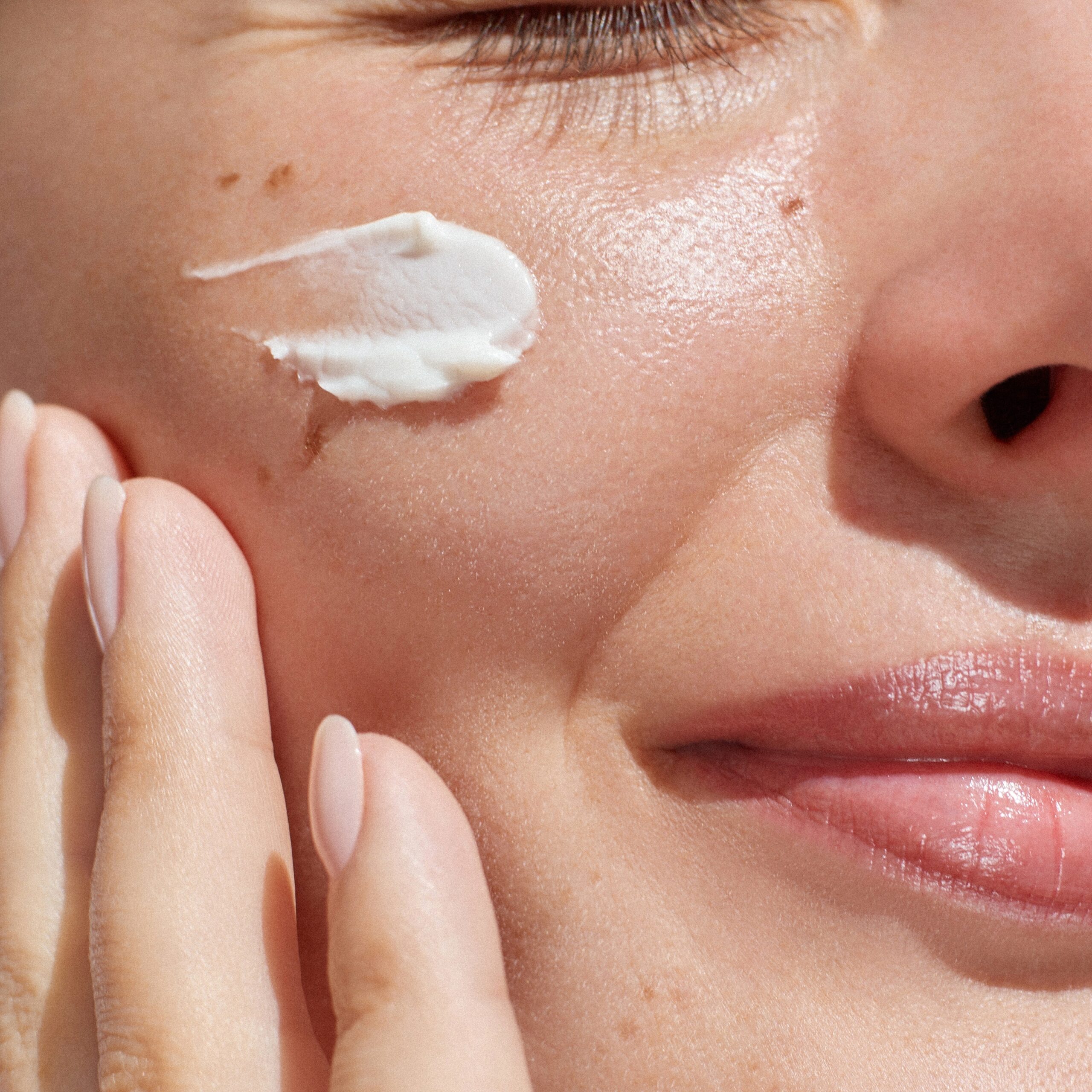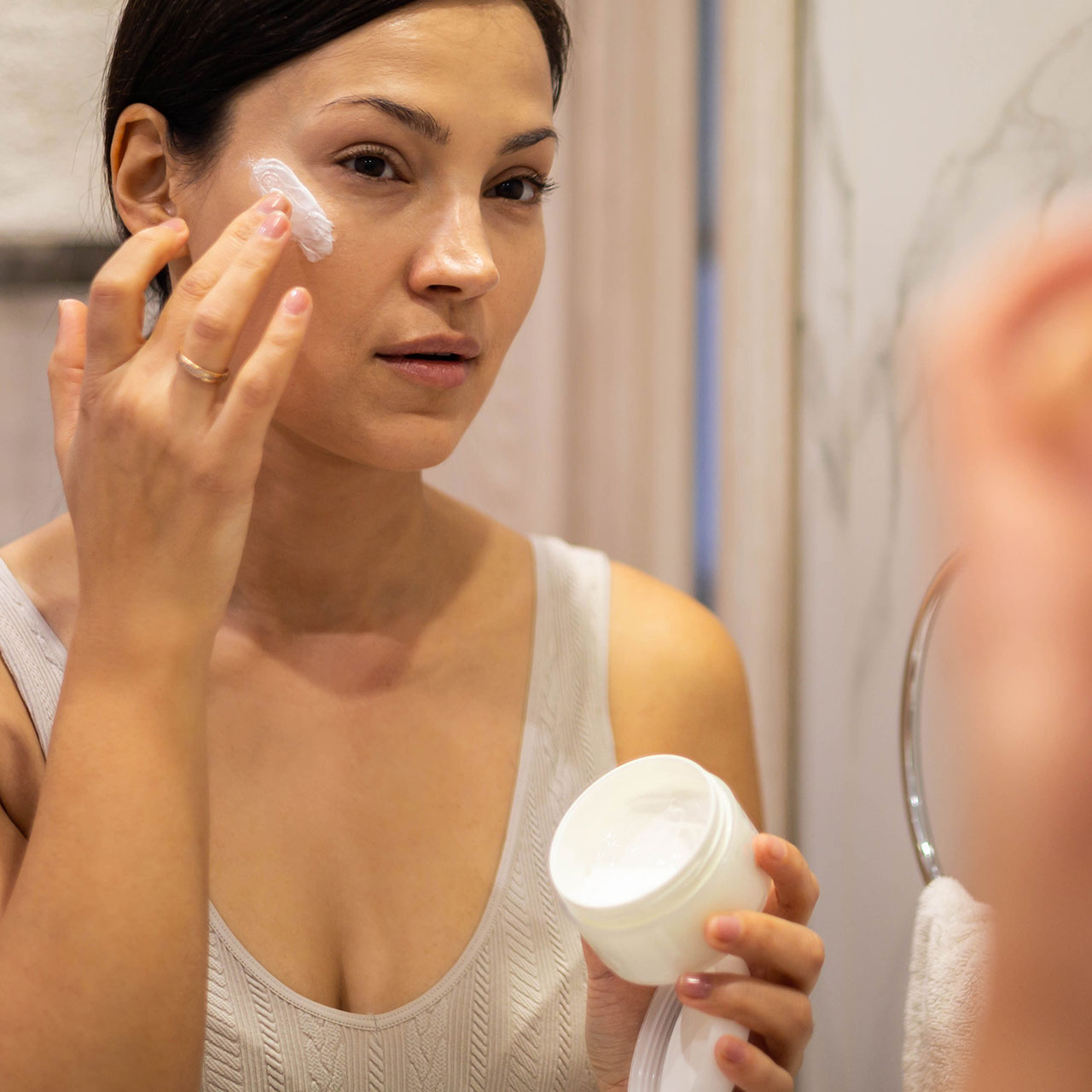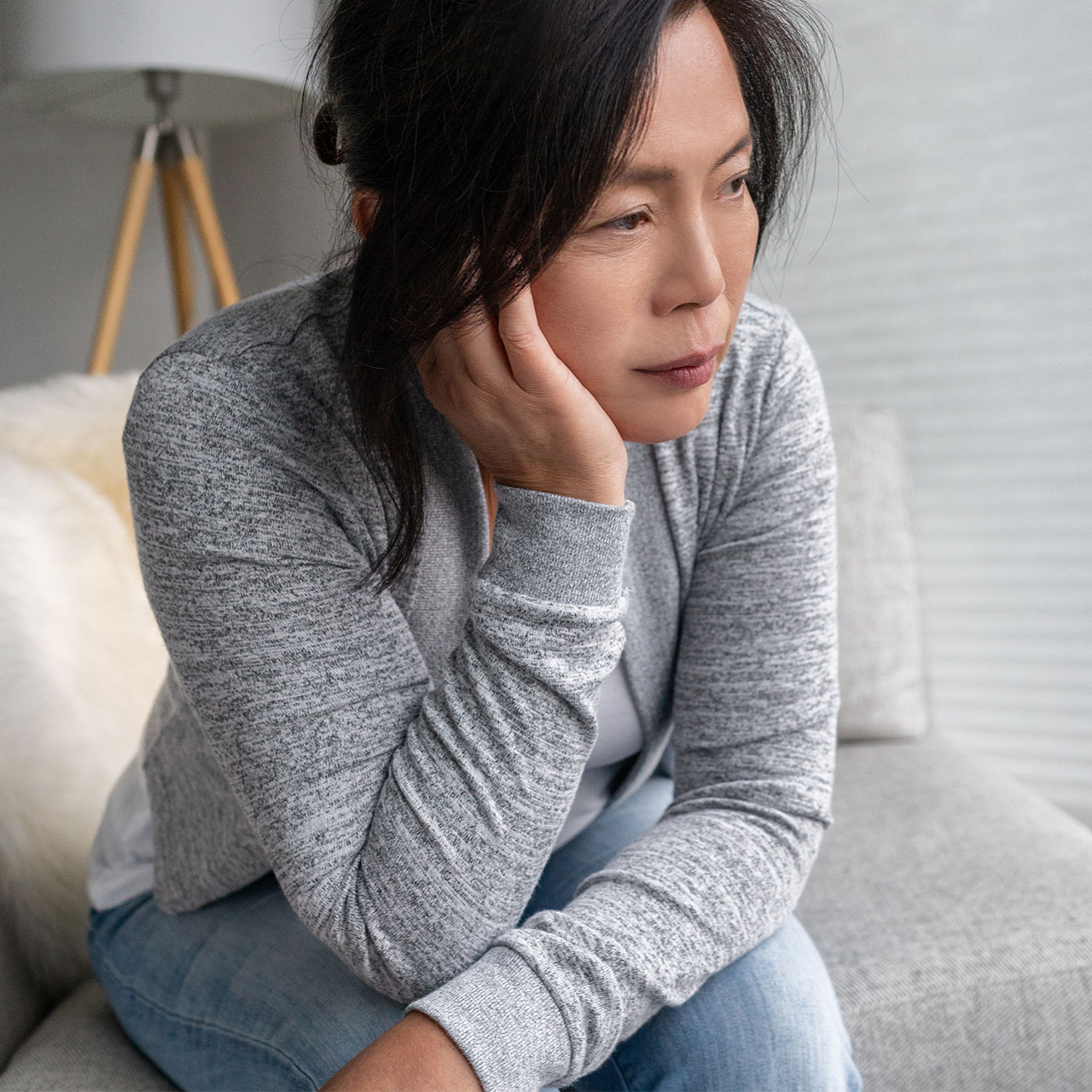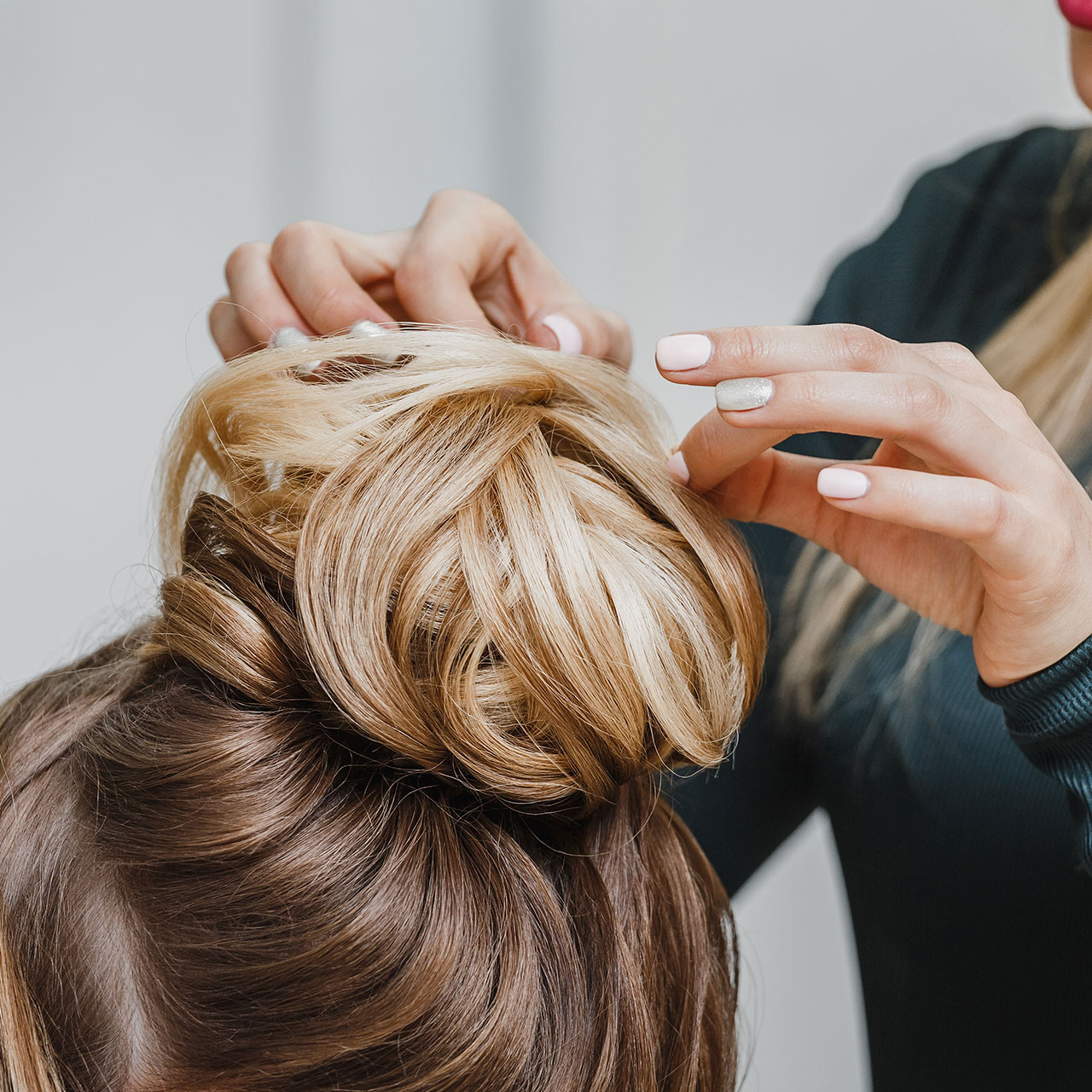When we talk about diet and, more specifically, what we should be consuming for better health and skincare outcomes, the focus is usually on food. But, if you think about it, you’re probably spending more time during the day with something in your hand to drink than you are sitting down for a meal. Choosing the right beverages and avoiding those that can have a negative impact on our health is equally important. The entire point of drinking is to hydrate your body and help with the digestion process. But there are some popular beverages that have a dehydrating effect that becomes particularly more noticeable as we age. Dermatologists agree: this is the super-dehydrating beverage you have to stop drinking over 40.
Alcohol
There’s little doubt about it: alcohol is one of the first (if not the first) drink that experts will say to kick to the curb if hydration is a concern.
“Alcohol is sugar — sugary drinks are dehydrating,” explains Dr. Nadir Qazi, DO, a board-certified physician, cosmetic dermatology surgeon, and owner of Qazi Cosmetic Clinic. “Not only is alcohol dehydrating, but it has other effects on the skin that are detrimental to it. So, if a person wants to maintain a youthful appearance on their skin, avoiding alcohol is one of the best ways.”
Here are some of the ways Dr. Qazi says alcohol can interfere with your skin and health goals:
Dehydrating
“As people age, their skin naturally becomes thinner, dryer, and more susceptible to damage,” Dr. Qazi said. “In addition, because alcohol is a diuretic, when it is consumed, water is flushed out of the body. As our bodies lose internal moisture, it dehydrates the skin, making it even more brittle. Dehydrated skin becomes delicate and crepey in texture.”
Vitamin absorption
Not only is it flushing out hydration, but alcohol prevents the absorption of vital nutrients into the bloodstream. “For example, when ingested, Vitamin A turns into retinoids that stimulate collagen production,” Dr. Qazi said. “Without it, the body’s ability to synthesize proteins like collagen and elastin is compromised. Collagen and elastin are the proteins responsible for keeping the skin firm and supple. Without them, the skin sags and can more easily for wrinkles. Without proper nutrition, alcohol can also prevent the skin from repairing sun damage received throughout the day, as vitamins help prevent wrinkles and hyperpigmentation like age spots.”
Stress hormones
Stress is a major cause of skin distress. “Alcohol causes an increase in the stress hormone cortisol,” Dr. Qazi said. “Cortisol not only blocks the production of collagen but breaks down existing collagen. It does the same for elastin. When combined with a lack of vitamins due to malabsorption, the skin suffers and becomes haggard in appearance, with increased sagging and premature wrinkle formation.”
Sleep interruption
“When sleep patterns are interrupted, our skin will show it,” Dr. Qazi said. “While we sleep, our bodies use that time to repair the damage our bodies have received throughout the day, and our skin is particularly affected. Most of the collagen our bodies produce is produced while we sleep. Alcohol prevents the body from getting restful sleep and, in so doing, prevents additional collagen production.”
Furthermore, Dr. Qazi explains, lack of sleep causes facial edema, where the tissues in the face become inflamed, giving a puffy appearance as fluid settles into fatty deposits in the face. “Because alcohol also causes the blood vessels to dilate, this can result in overly pronounced and darkened tear trough hollows or under-eye circles in addition to a puffy face,” Dr. Qazi said.
Other skin conditions
Pimples in your forties and fifties? Say it isn’t so. If you’re consuming a lot of alcohol, your skin becomes more prone to acne, regardless of your age. “Increased cortisol stimulates sebum production, the lipid our bodies naturally produce to protect our skin,” Dr. Qazi said. “When there is too much sebum, the skin becomes oily and can contribute to the onset of acne. Dry skin from dehydration can also contribute to increased adult acne as the dead skin cells slough off and become trapped in pores by the sebum.”
And that’s not it: alcohol dilates blood vessels, causing flare-ups of rosacea. “Over time, the more alcohol is consumed, it can cause or contribute to other skin conditions, like porphyria cutanea tarda and psoriasis,” Dr. Qazi said. “This is due to improperly metabolized nutrients affecting enzyme, hormone, and protein production.”
Before you order that second cocktail, remember: it may not be worth the super-dehydrating toll it can take on your skin.


